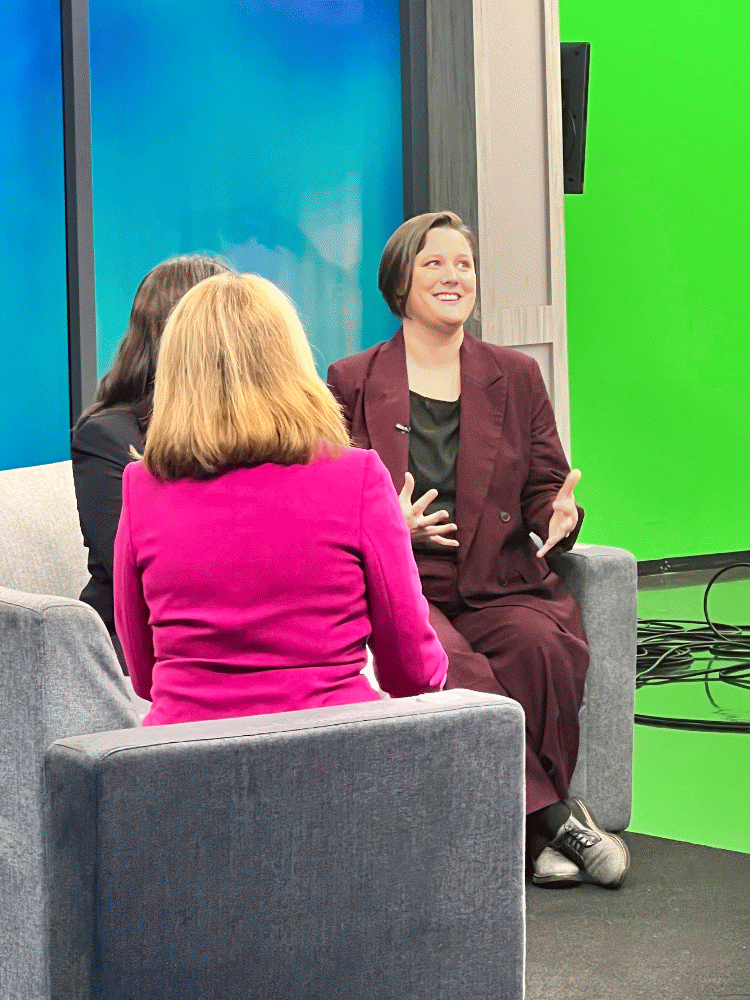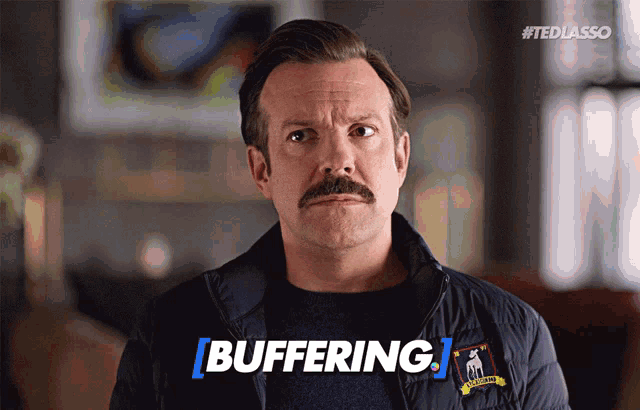Twenty Years before a Diagnosis
Endometriosis in 1/10 women. But it is studied less than male patterned baldness. WTH.
On March 12, 2025, I got to go live on local tv in partnership with Penn State Health to share about endometriosis.
I got my official diagnosis last November after at least ten years of asking for help. Looking back, I think it was effecting my life from the very first times I menstruated.
my post about that experience
It was my first time on tv and such a cool reason to be there. I got to share the couch with my surgeon Dr. Kristin Riley who changed my life well before we got to the operating room—she provided healthcare that set the bar. I was believed and supported in a way I had only dreamed of.
I told Dr. Riley after surgery that I wanted to help support her work and her team. What did she need? A thank you note? Flowers? A google review? A crier in the town square? I volunteer as tribute.
So when Dr. Riley said she needed a patient to share on tv, I said no problem. I got this.
I had no idea how quiet local tv sets are. There were the hosts and about two tech folks. All these big desks sitting in a circle with the cameras in the middle that would pivot locations for each segment. We practiced before we went live—where to sit on the couch, where to look and not look. The light was so bright but not blinding. I have pretty acne ridden skin but it seemed to hide well beneath the forgiving tv shine and my concealer applied with crossed fingers.
It wasn’t that different from theater or public speaking. I had the awareness of being looked at but my audience was centered on the people in front of me. I got my questions ahead of time and practiced my answers until they felt smooth and natural.
But I’m also like both of my parents, skilled public speakers in their own rights. I like an audience. My brain locks in and it flows. I feel pleasurable adrenaline afterwards, a high of saying and doing the thing. Nerves, yes. But not much.
So really, it was fun.
Meeting the other doctors and surgeons who were there was the coolest part. I just so appreciated how they spoke about everything. The whole segment is really worth watching for all of their expertise. And Dr. Dave answered questions on the webchat which can also be found online.
This incredible team will also be running a webinar that goes in depth on treatment options for endo AND chronic pelvic pain.
March 25th
6-7pm
Register at this link.
While endo is often a cause of chronic pelvic pain, it isn’t the only cause. And I was so grateful that Dr. Riley doesn’t restrict her team’s focus to surgical interventions only. It’s so individualized.
I was scared we wouldn’t find endo in surgery. What was I supposed to do then? How embarrassing would that be?
Dr. Riley told me that is an incredibly common fear.
She addressed this with three points:
That by the time someone gets to her office, they almost always find something in surgery.
That there was no reason to be embarrassed if there wasn’t endo. I hadn’t been dramatic to go down that road. No one is embarrassed after a clear colonoscopy, right? The surgery was to diagnose. All information was good information that would inform my care.
And btw, even if I didn’t have endo, I would still be her patient. I wouldn’t be left on my own to figure it out. Even if I opted out of surgery all together, she would still be there to treat my pain.
I’m sorry… what?
So if you have any questions about your options, this webinar will be a great place to start.
Note on the politics of endo advocacy in this moment in time:
It feels a bit wild to be getting into health advocacy when… NIH and NSF are defunded. We are living in a dictatorship that current leadership isn’t stopping. Immigrants with green cards were detained in my city and held for no reason. Someone wants to build a golf course in Gaza. Women are being left to develop sepsis during irreversible, unwanted miscarriages. Insurance has basically not even pretending it’s not a scam at this point.
So much is happening.
It’s like a wildfire and I’m over here yapping about diseases that don’t kill you immediately.
So. Take all of this with the context of longterm.
Women’s health is inherently political. I think what my surgeon and her team does, how they treat their patients, is fundamentally radical.
Insisting on your own care pushes all of our healthcare forward.
And sometimes its easier to fight for yourself when you think of all the others who might benefit from you doing so.
More to come on barriers to care and my story.
But for this week:








